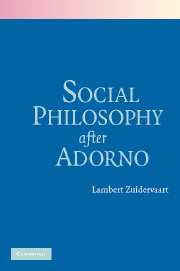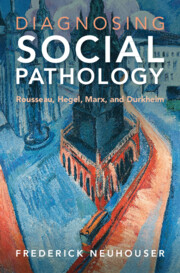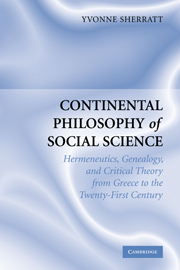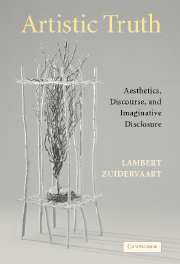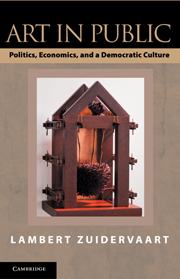Social Philosophy after Adorno
This book examines what is living and what is dead in the social philosophy of Theodor W. Adorno, the most important philosopher and social critic in Germany after World War II. When he died in 1969, Adorno's successors abandoned his critical-utopian passions. Habermas, in particular, rejected or ignored Adorno's central insights on the negative effects of capitalism and new technologies upon nature and human life. In this book, Lambert Zuidervaart reclaims Adorno's insights from Habermasian neglect, while taking up legitimate Habermasian criticisms. He also addresses the prospects for radical and democratic transformations of an increasingly globalized world. The book proposes a provocative social philosophy after Adorno.
- Written by an internationally recognised expert on Adorno
- Advances an innovative approach to critical theory
- Proposes a bold new social philosophy
Reviews & endorsements
"This is a great book which discloses new perspectives in reading and transforms Adorno."
-Hauke Brunkhorst, Universität Flensburg, Notre Dame Philosophical Reviews
"This [is an] exciting, highly penetrating analysis...Without trashing Heidegger or Gadamer, Zuidevaart attempts to reclaim European social philosophy in and after Adorno...Highly recommended"
- R.E. Palmer, Choice
Product details
July 2007Hardback
9780521870276
232 pages
236 × 157 × 18 mm
0.43kg
Available
Table of Contents
- Thinking otherwise: introduction
- 1. Transgression or transformation
- 2. Metaphysics after Auschwitz
- 3. Heidegger and Adorno in reverse
- 4. Globalizing Dialectic of Enlightenment
- 5. Autonomy reconfigured
- 6. Ethical turns.

